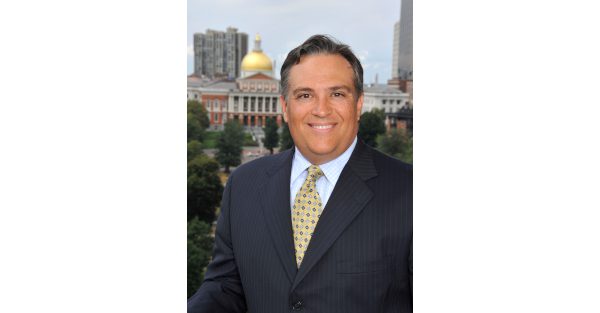As Bob Dylan presciently sang so many years ago, “the times they are a changing.” Our times have certainly changed in so many ways as of late. We can engage in fair debate whether all of these changes are for the better, but one such awareness, that of sexual predation in our society, leaves no room for any difference of opinion. We can readily agree that those who would prey on the vulnerable among us must be exposed and punished. We’ve heard quite a lot about Hollywood actresses and other famous people who’ve endured horrendous behavior from those who wielded the power to make or break their careers. But what about the less famous; those who dwell in the shadows of everyday life? And within that category of less famous people, there are those who are even more vulnerable and less visible, like elderly and infirm residents of nursing homes. In what has been described as an “epidemic” sexual abuse in nursing homes has become the unspeakable tragedy. The conundrum only becomes more complex as the population ages with the number of Americans over age 65 projected to more than double between 2010 and 2050. Many of them will eventually take up residence in one of the nation’s growing number of nursing homes.
A recent CNN investigation found that the federal government cited more than 1,000 nursing homes nationwide for mishandling or failing to prevent alleged cases of rape, sexual assault and sexual abuse at their facilities from 2013-2016. Moreover, nearly 10% of these facilities have been cited multiple times during that same period. Why can’t these facilities successfully protect seniors from sexual attack? There are many suspected causes that contribute to this growing trend. First, there is the undeniable fact that staffing does not keep pace with the swelling nursing home population. Because staffing is the most expensive line item in their budget, nursing home owners are loathe to add employees regardless of need. Next, modern times have seen a dramatic increase in patients suffering from Alzheimer’s disease and/or some form of dementia. This means that many sexual assaults take place without victims being able to report the attack to the proper authorities. A lack of reporting often has the unfortunate consequence of allowing an offender to evade detection while engaging in serial rape or sexual battery. In addition, many of the attackers suffer from dementia themselves and are unfortunately permitted the opportunity to act out due to a lack of supervision. It is also occasionally true, sadly, that the caregiver, in the ultimate act of betrayal, is sometimes responsible for engaging in the sexual assault. When this is reported, the nursing home resident’s claim is often considered dubious as no one is willing to believe that a twenty-something year old caregiver would rape an eighty-something year old great-grandmother. Despite having an obligation to report these crimes, nursing home management sometimes ignores such complaints and instead chalks them up to hallucinations of their residents or, worse. Covering up crimes such as sexual assault, particularly when the victim is non-verbal, is about as easy as it sounds.
Vigilance is the only safeguard to protecting loved ones in a nursing home. Frequent visits by family and friends and looking for signs of trauma such as bruising is one way to detect if something is awry. You’ll want to ask lots of questions if your loved one is verbal and able to communicate about the treatment that he or she receives week in and week out. Ask questions of the staff, too. The “larger” your presence as an advocate, the better.
Dino M. Colucci, Esquire is the founding partner of Colucci, Colucci, Marcus & Flavin, P.C., a law firm that focuses on representing the elderly who are injured or abused in nursing homes.





















